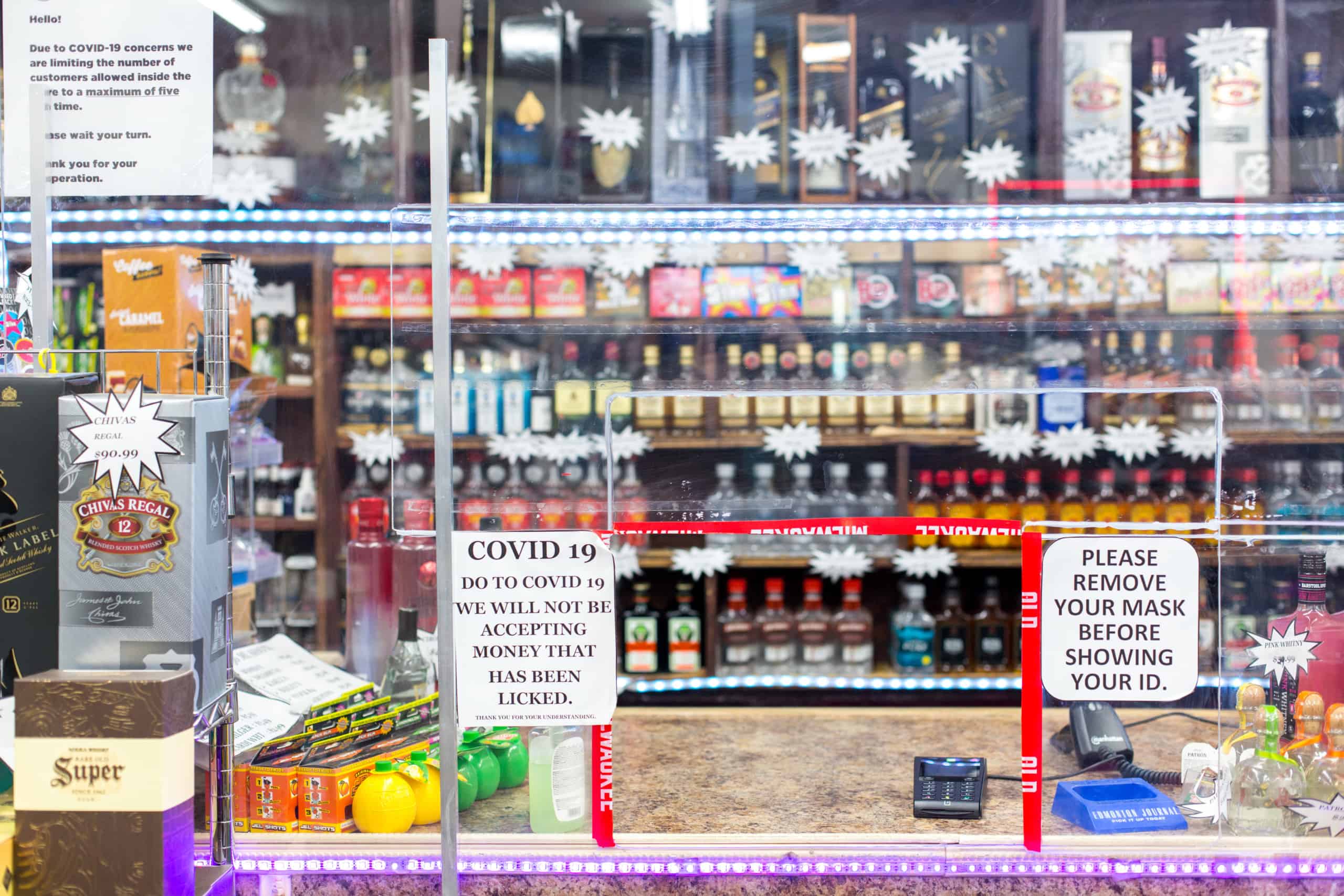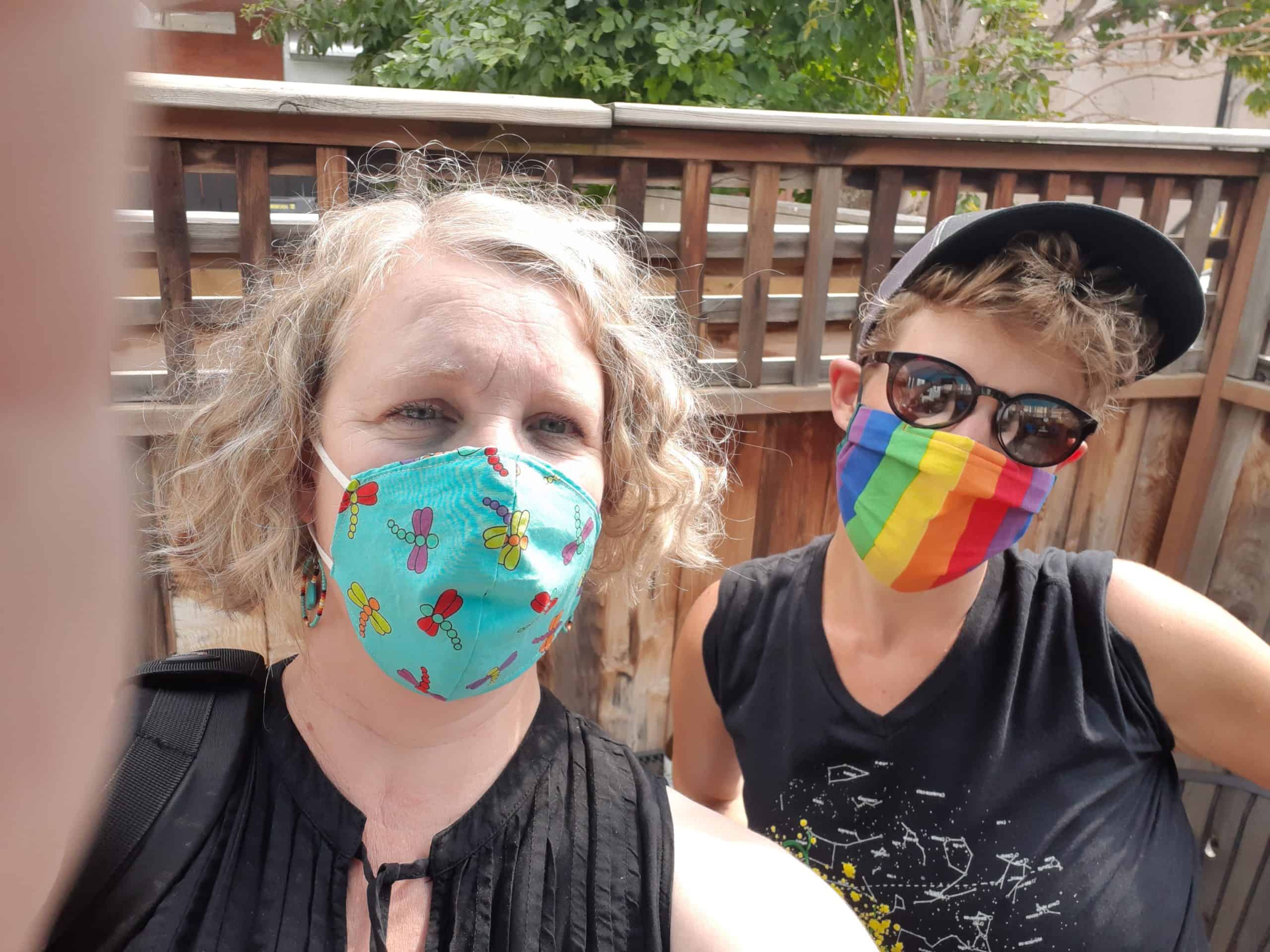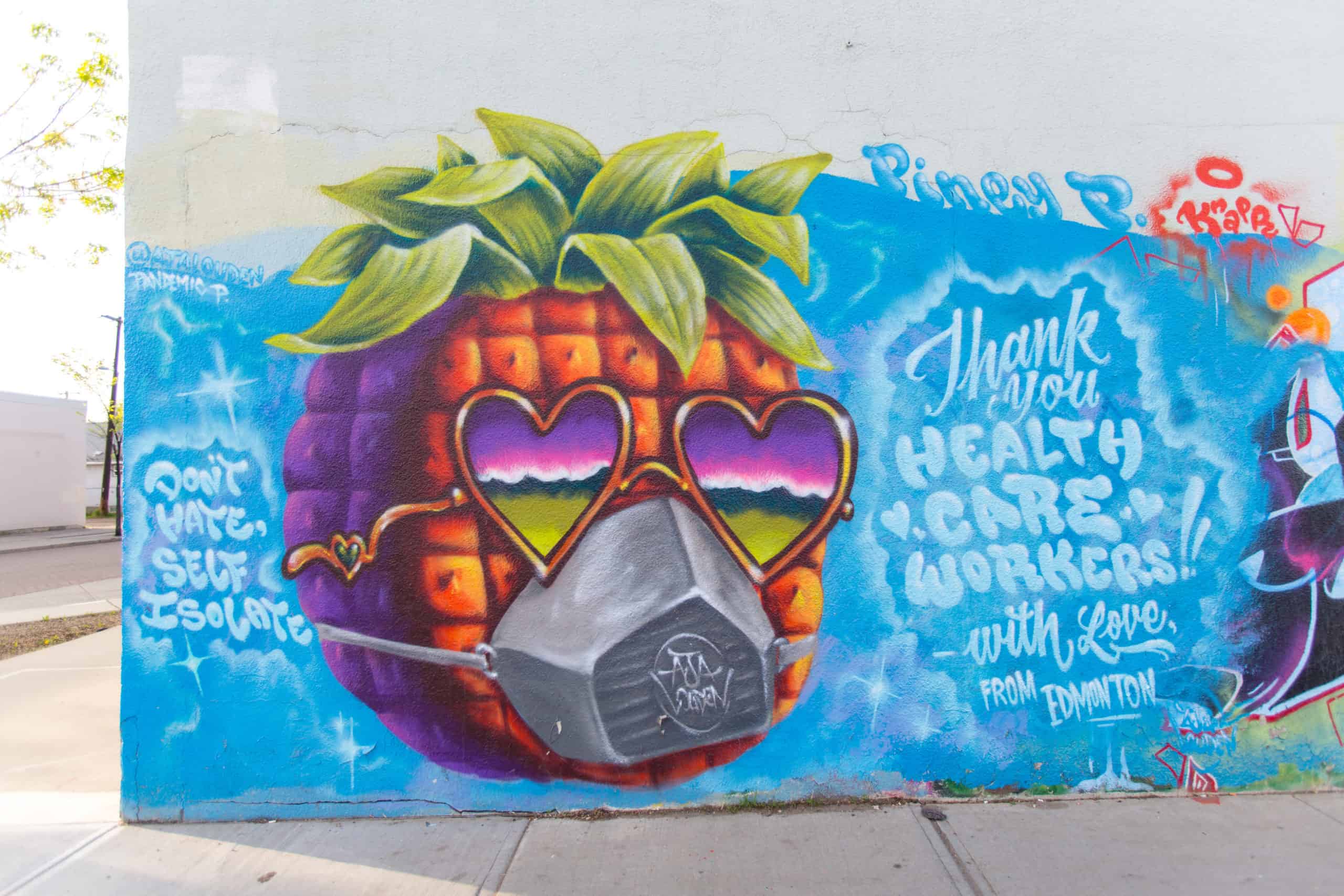Art helps people process life and trauma
Last May, photographer Rebecca Lippiatt applied for the Edmonton Heritage Council’s project accelerator grant to document the first wave of the pandemic. A year later, her project has evolved to include the second and third waves.
She’s also changed how she’ll present Edmonton in the Time of Covid. Originally, she intended to hold a multimedia exhibit. With the pandemic limiting in-person events, she is instead creating a website.
“A gallery show isn’t going to happen anytime soon. [On the other hand], the website will be safe to view and will be available to a wider audience.”
Even the way she interviews or photographs people may change due to the more contagious nature of the variants.
“Last year when I interviewed people, I sat on the porch or in the park,” she says. “Now there may be more of a logistical challenge.”
Due to her being a photographer, she thought she’d focus more on the photos, but she learned there was so much detail when she interviewed people about their experiences.
Lippiatt explains the pandemic has been a traumatic experience for people. “Art is about having people process life and issues. To get past a traumatic event, you have to process it. I hope this helps people process COVID.”
In the first stage of the project, Lippiatt wrote 19 profiles, and took photos for each profile as well. For the second stage of her project, Lippiatt will feature 20 people and says she has some goals in who she’d like to interview this time around.
“I will be interviewing a couple of restaurant owners. I think that’s one of the most stressful jobs under COVID. I would really like to speak to someone who works in long-term care, a nurse and/or doctor, an extrovert, a fast food worker, a child, and a teen. And I’d like to interview more people of colour, especially in our neighbourhood.”
Like the first phase of her project, Lippiatt will be photographing and interviewing people in the neighbourhoods of Alberta Avenue, Eastwood, Westwood, Elmwood Park, Delton, Spruce Ave, and Parkdale-Cromdale.
“I expect this second stage of the project will be different because people will feel different,” Lippiatt explains. “No one was really expecting the variants.”
She adds, “I think that there’s definitely going to be more despair, sadness, a greater sense of loss of community and life. I think more anger at the government as well.”
The second phase of the project may also be a time for people to reflect on Canada’s response in comparison to other countries. For example, Australia has a population of 25.36 million people and has so far had 910 deaths due to COVID-19. On the other hand, Canada is home to 37.59 million people and has had 23,591 deaths due to the virus.
“Now we can compare ourselves to Australia, looking at how successful they have been with the pandemic with very little pain.”
She’s scheduling interviews during April, then she’s doing interviews from May to August.
“By September, everything should be up on the website.”
Those who wish to participate in her project can email her at rebeccalippiatt@hotmail.com.









